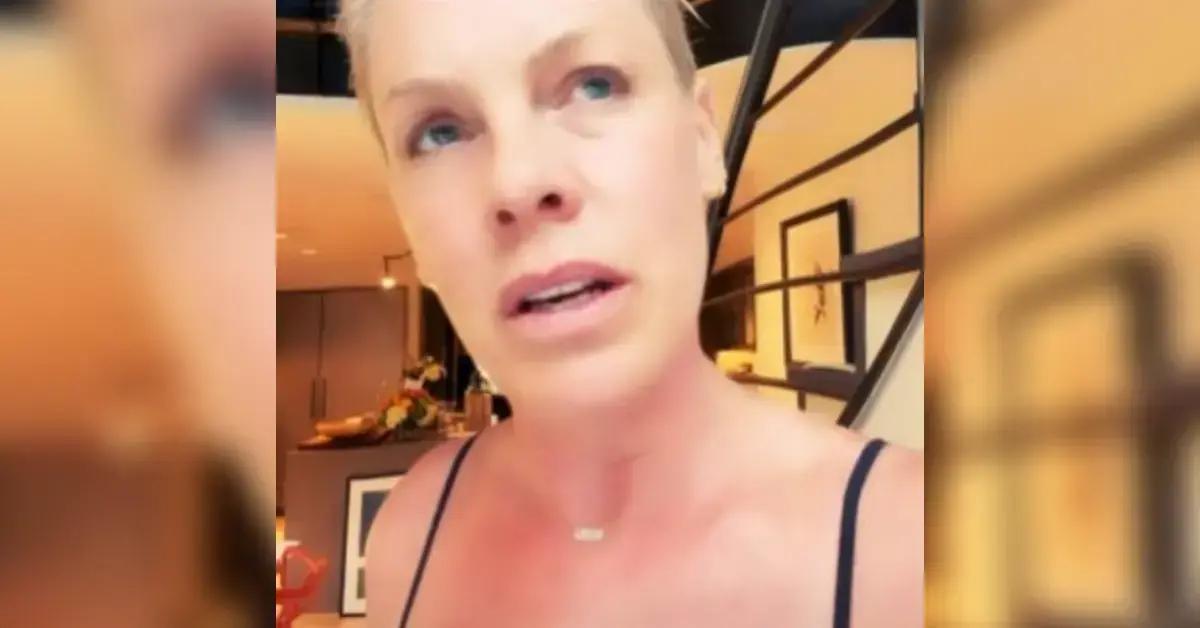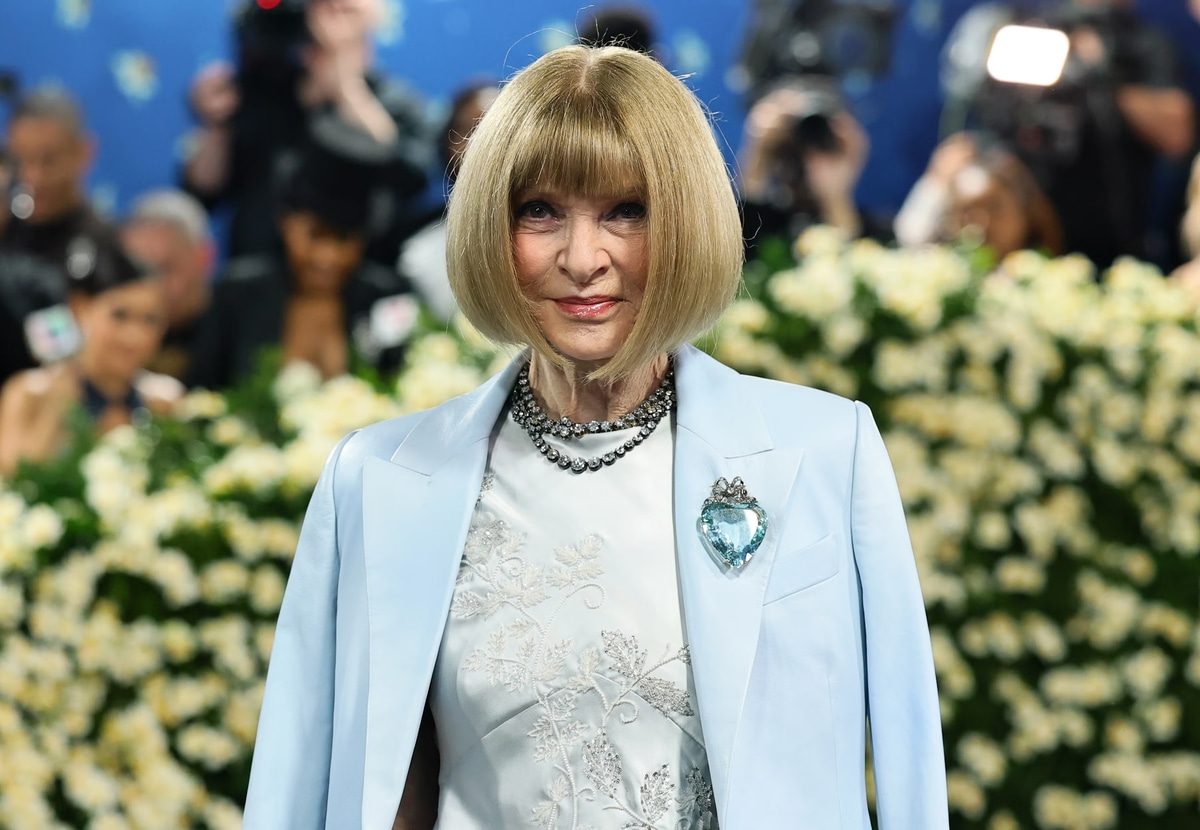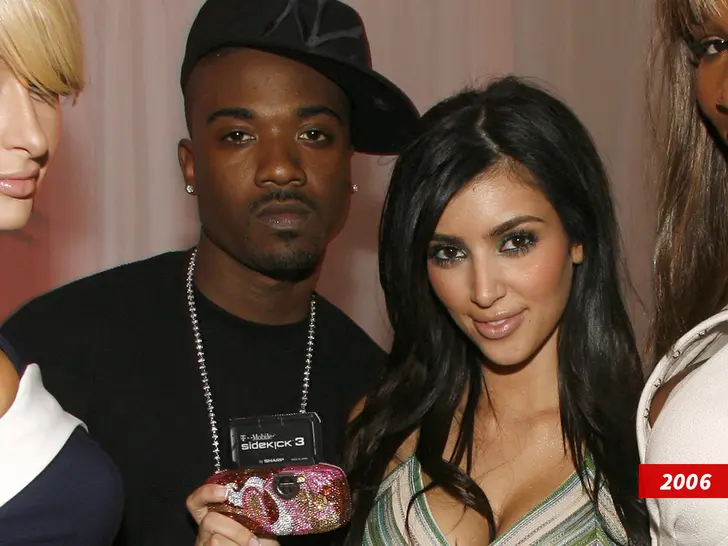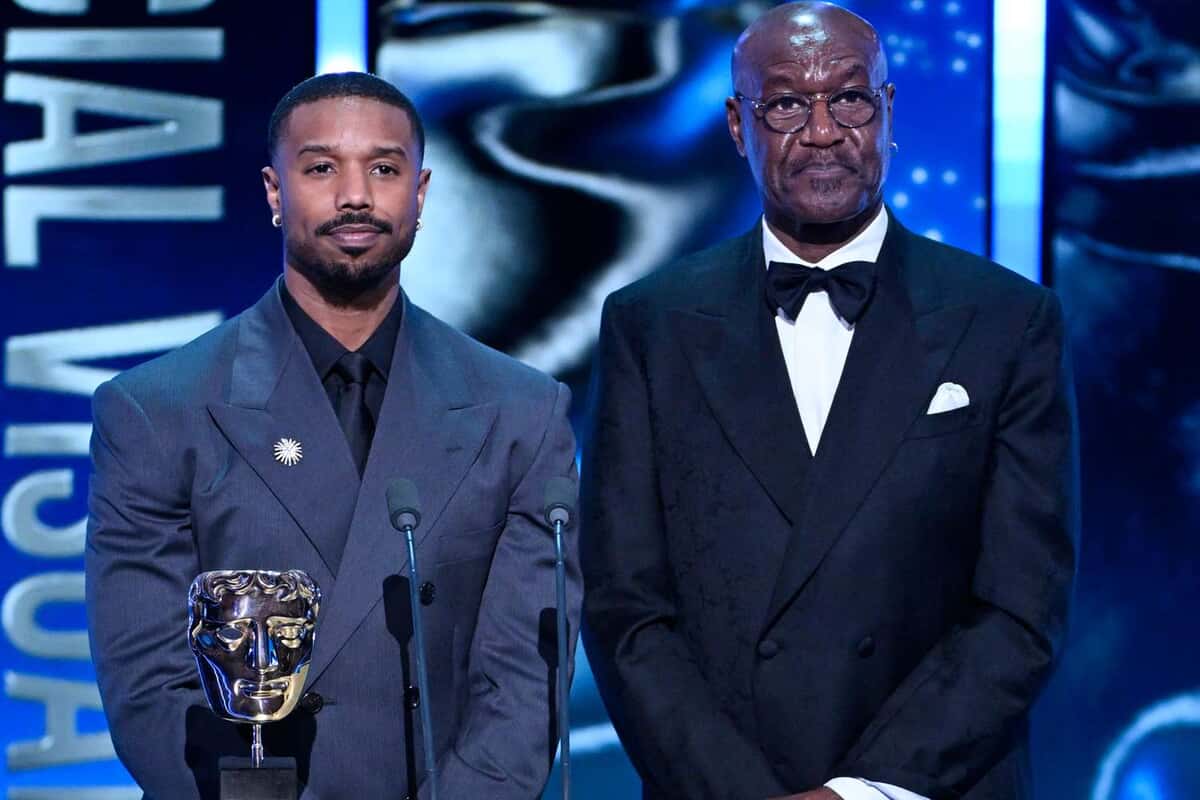BY: Denver Sean
Published 6 years ago

Billboard is making some changes as to how sales for the Billboard 200, Hot 100, and the rest of its charts are counted now that it’s clear artists are gaming the stats.
Albums sold with merchandise and concert ticket bundles will no longer be counted.
via Billboard:
On the issue of bundling, the latest rule changes supersede a number of others that were previously instituted in January. Those included a requirement that albums bundled with merchandise be available for purchase concurrently and individually on the same website, as well as a requirement that merchandise sold on its own be priced lower than bundles that included the album. Additionally, merchandise/album bundles could only be sold on an artist’s official direct-to-consumer web store and not via third-party sites.
Now, Billboard — in an acknowledgement that those measures have fallen short of the intended goal of accurately reflecting consumer intent — has decided to eliminate the practice of counting albums bundled with merchandise and concert tickets on its album and song charts altogether.
Under the new rules, which will be implemented at a start date to be announced, all albums bundled with either merchandise or concert tickets must be promoted as an add-on to those purchases in order to be counted on the charts. Those included as part of a baked-in, single-price option (along with the merchandise or ticket), with the album cost undisclosed to the consumer, will no longer be counted. It is Billboard’s belief that the resulting charts will more accurately reflect consumer choice.
In addition, Billboard will no longer allow sales of physical albums or singles that are bundled with digital downloads to be reported as digital sales, thereby eliminating the practice of “spontaneous” non-manufactured items being used to influence first-week chart rankings. Only when the physical item — ostensibly what the consumer is buying — is shipped, will it be counted in Billboard’s official tallies.
The practice of selling vinyl, CDs and other physical releases that won’t be manufactured and shipped to consumers for weeks or months — while offering a digital download that can be redeemed instantly — has become widespread as of late, with artists including Justin Bieber, Ariana Grande and 6ix9ine all recently using the tactic to boost their chart positions. The latest rule changes will render that tactic ineffectual.
Billboard is implementing these changes to address widespread concerns that an accurate measure of consumer intent — which has been the basis of the Billboard charts since their inception — is being undermined by increasingly-common bundling practices. The new guidelines will better ensure that Billboard chart rankings more accurately reflect the conscious purchasing decisions of consumers and level the playing field for all artists.
Though the sales strategy of bundling albums goes back decades, more recently it has been employed by artists and labels to try and boost album sales, which have been continually falling over the last several years but are worth considerably more than streams on the charts. In 2019, overall album sales dropped 18.7%, making it the fourth year in a row where album sales dropped by at least 10%.
Despite the latest rule changes on album bundling, Billboard will continue to work with the industry to reflect merchandise sales within existing charts such as the Artist 100, as well as potential merchandise-specific charts down the line.
To make it clear,Billboard’s new rules forbid bundling an album with other sellable items. An added stipulation is that physical albums that are bundled with digital downloads will no longer be counted as digital sales — only when the physical item is shipped will it count towards Billboard’s official count.










